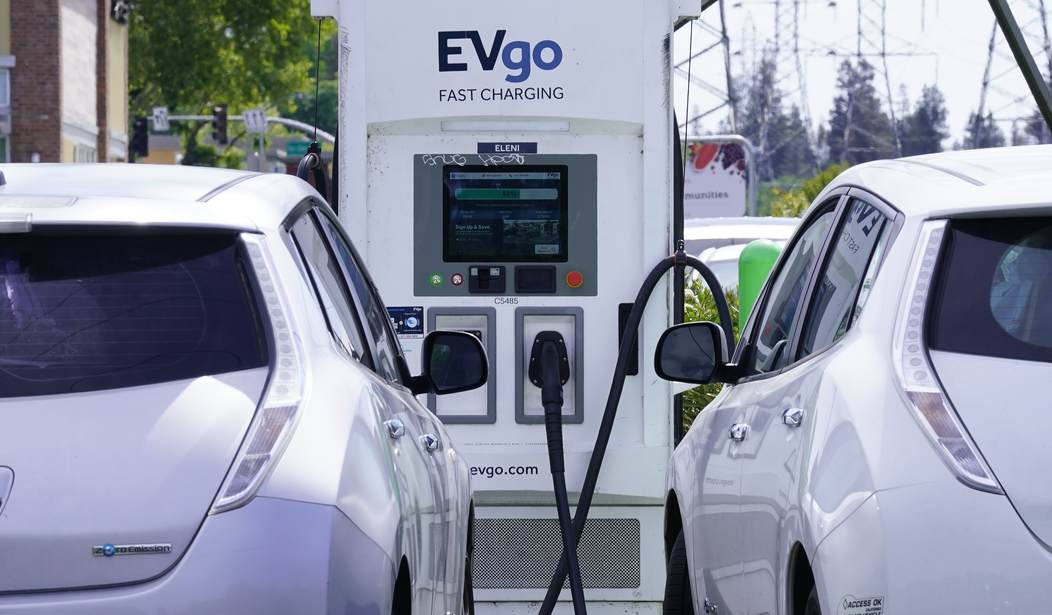Facing an energy crisis this winter, Switzerland has developed a four-step plan to curb blackouts that includes banning the use of electric vehicles for non-essential trips.
Since the country relies on imports during the winter months from countries that are facing energy shortfalls of their own, Switzerland developed an emergency response plan to address the risk of blackout that includes two tiers—emergency and crisis—with levels of restrictions within each.
The country gets around 60 per cent of its energy from hydroelectric power stations, such as dams across rivers or generators placed between lakes.
Around a third of its power comes from nuclear, which the government has committed to phasing out, and the remaining comes from a mixture of traditional fossil fuel plants and solar or wind generation.
Overall, Switzerland produces enough electricity each year to keep the lights on - but that statistic masks huge discrepancies month-to-month.
Because hydropower relies on rainfall and snow melt to top up rivers and reservoirs, it naturally increases during spring and summer but falls off in autumn and winter.
That means the Swiss export large amounts of power to neighbouring nations during the warmer, wetter months and import through the colder months.
In turn, that means energy shortages in Europe caused by Putin's war in Ukraine will impact the country even though it burns almost no Russian gas.
Germany is Switzerland's largest energy exporter and was hugely reliant on Russian supplies. France is second, and is currently suffering issues with its nuclear reactors.
Switzerland is also generating less energy than usual from its hydro plants because the exceptionally dry summer in Europe caused lakes and rivers to run low. (Daily Mail)
Recommended
At a minimum, all public buildings will be heated to no more than 68 degrees Fahrenheit and homeowners will be asked to lower the temperature of their washing machines.
Restrictions increase as the levels go up to include limiting streaming services, reducing store hours, turning off escalators and Christmas lighting, and limited EV use to essential journeys.
In the worst-case scenarios, sports, concerts, and theater performances will be cancelled and non-essential business will be forced to close.
The draft plan, which has not yet been adopted, will operate as COVID-19 lockdowns did, with each level getting triggered based upon energy availability.

























Join the conversation as a VIP Member